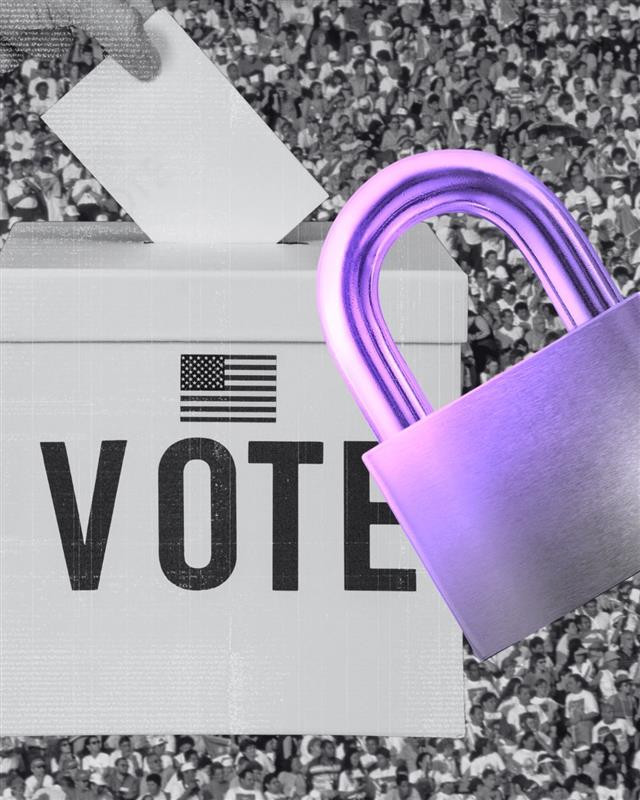New polling shows younger independents leading a push for meaningful political reform.
From redistricting to the role of independent candidates, younger and older voters are not just split on preferences—they’re operating from fundamentally different assumptions about how democracy should work. Here are the main takeaways from the Independent Center's most recent poll:
Gerrymandering: A Surprising Shift Among Younger Voters
One of the most eye-opening findings from our September 2025 national survey of 2,000 adults is how Gen Z views redistricting. While 74% of Silent Generation respondents support independent redistricting commissions, only 48% of Gen Z agree. Even more surprising, 29% of Gen Z believe political parties should be allowed to draw their own district lines—nearly five times the rate of older voters.
This shift suggests a growing acceptance among younger Americans of partisan processes, even as they acknowledge the negative impact of gerrymandering on independent candidates. In fact, 48% of Gen Z and 43% of Millennials correctly identified that gerrymandering makes it harder for independents to win elections—compared to just 33% of Silent Generation respondents.
The “Spoiler” Myth: Gen Z Reframes the Narrative
The poll also asked Americans how they perceive independent and third-party candidates. The generational contrast couldn’t be clearer:
- 42% of Gen Z view independents as bringing a “new perspective”
- Only 22% of Silent Generation share that view
- Meanwhile, 27% of Silent Generation label independents as “spoilers,” compared to just 8% of Gen Z
This reframing is critical for independent candidates and reformers. Younger voters are more open to political disruption, seeing independents as a fresh alternative to partisan gridlock. Yet, despite this optimism, Gen Z shows lower actual voting likelihood for independent candidates—61% say they’d vote for a well-funded independent, compared to 67% of Baby Boomers.
Why This Matters for Reform Movements
The data reveals a paradox: younger voters are more conceptually open to reform but less likely to act on it. Their lower voter registration rates (78% for Gen Z vs. 96% for Silent Generation) and lower turnout could limit the immediate impact of their reform-minded views.
Meanwhile, older Americans—who are more civically engaged—tend to favor traditional good-government reforms like independent commissions but may resist broader systemic change.
This generational tension presents both a challenge and an opportunity for reformers. To build a truly inclusive movement, we must:
- Educate younger voters on the practical impact of gerrymandering and spoiler narratives
- Mobilize older voters to support reforms that empower independents
- Bridge the gap between conceptual support and electoral action
Looking Ahead: A Call to Independent Voters
Whether you're a Gen Z voter looking for a fresh start or a Silent Generation voter committed to civic integrity, the future of electoral reform depends on cross-generational collaboration. Independent voters have a unique opportunity to lead this charge—by challenging outdated narratives, supporting reform-minded candidates, and showing up at the ballot box.
Let’s make sure the next election isn’t just about parties—it’s about principles.


.jpeg)


.jpg)